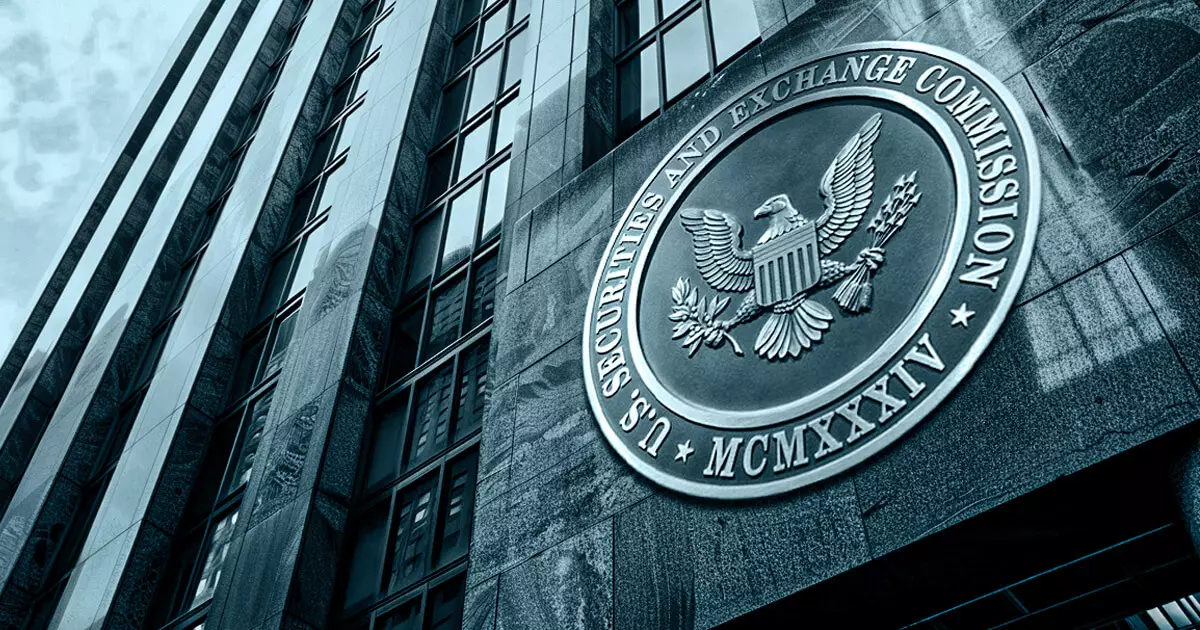The Securities and Exchange Commission (SEC) is vehemently opposing Richard Heart’s motion to dismiss a $1 billion fraud case, arguing that his activities in promoting unregistered digital assets such as HEX, PulseChain, and PulseX were directly targeting US investors. The regulator’s filing emphasized that Heart’s actions are within the jurisdiction of the US and supported its claims of extensive securities fraud. According to the SEC, Heart, also known as Richard Schueler, allegedly raised over $1 billion from investors globally by selling unregistered securities and then using the funds for personal luxuries, including expensive cars and a black diamond.
Heart’s defense team argued that his activities, primarily conducted outside the US, should not fall under US securities laws. They maintained that the SEC’s claims were inadequate and failed to prove that the conduct had a substantial effect on US investors, as required by the “conduct and effects” test. Additionally, they claimed that the majority of transactions in question were foreign, challenging the court’s jurisdiction. Heart also contended that the SEC’s allegations were insufficient to support the fraud claims.
In a detailed memorandum, the SEC refuted Heart’s defense by highlighting his significant promotion of the digital assets in question to US investors. The agency pointed out that Heart actively engaged with US investors through personal appearances at events, online platforms, and social media. The SEC emphasized that these promotional efforts were specifically aimed at attracting US investors, solidifying the grounds for jurisdiction over Heart.
The SEC accused Heart of violating Sections 5(a) and 5(c) of the Securities Act of 1933 through the unregistered offering and sale of securities. Additionally, Heart was accused of breaching antifraud provisions under Section 17(a) of the Securities Act and Section 10(b) of the Securities Exchange Act of 1934. The complaint detailed how Heart misled investors about the use of their funds, diverting millions for personal expenses, including luxury cars and a black diamond.
The SEC’s opposition document emphasized that Heart’s efforts in marketing the digital assets to US investors were extensive and deliberate. The agency highlighted that Heart’s interactions with US-based audiences were not incidental but part of a calculated strategy to attract significant investments from within the country. The SEC further argued that Heart’s connections to the US and the magnitude of his alleged fraud provide a clear basis for the court’s jurisdiction over him.
The SEC is resolute in its pursuit of legal action against Richard Heart, demonstrating its commitment to holding individuals accountable for engaging in deceptive practices in the digital asset space. The regulator’s aggressive stance against Heart underscores the importance of complying with securities laws and the severe consequences of fraudulent activities targeting investors, especially in the rapidly evolving landscape of digital assets.



















